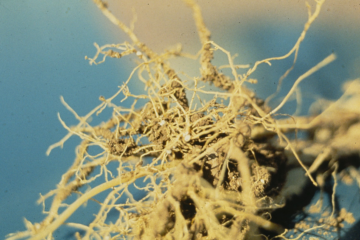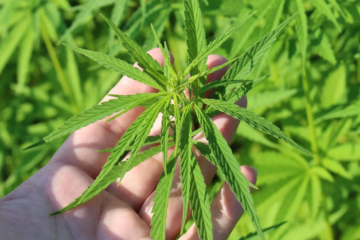A significant step forward in cannabis education has been taken with the recent announcement of a nearly $670,000 grant from the National Institutes of Health (NIH) to Washington State University (WSU). This funding will support a project aimed at reducing cannabis misuse among young adults, particularly focusing on the often-misunderstood effects of cannabis edibles.
A Focus on Education and Awareness
The project, spearheaded by researchers from WSU’s Murrow College of Communication, aims to refine and test a technology-based intervention across three states where cannabis has been legalized. The initiative is particularly timely, given the rapid proliferation of cannabis-infused products and the accompanying marketing strategies that target young consumers.
- The research team, led by professors Stacey Hust and Jessica Willoughby, has been studying the impact of cannabis marketing on young adults for years.
- Their previous work revealed a concerning lack of knowledge among adolescents regarding cannabis products, especially edibles.
Hust emphasized the need for better education, stating, “Adolescents and young adults are not necessarily educated consumers when it comes to cannabis.” This project seeks to bridge that knowledge gap and empower young people to make informed decisions.

The Intervention: A Mixed Media Approach
The intervention developed by the WSU team combines various media formats, including videos and presentations, to engage young adults effectively. A key feature of the program is its focus on debunking myths surrounding cannabis use and educating users about the importance of understanding product labels.
- For instance, many consumers mistakenly believe that a popular cannabis-infused soda represents a single serving, when in fact, it contains ten servings.
- The intervention aims to highlight such misconceptions and encourage users to assess THC content and portion sizes critically.
Preliminary studies have shown promising results, with participants reporting increased knowledge about cannabis and greater confidence in their ability to use it responsibly. This positive feedback underscores the potential impact of the intervention on public health.
Expanding the Reach of the Project
With the NIH funding, the WSU researchers plan to conduct focus groups and larger tests to assess the intervention’s efficacy. The project will not only be implemented at WSU but also in colleges in Illinois and New York, expanding its reach to a broader audience.
- The researchers will tailor training modules to fit the specific regulations and consumer environments of each state.
- Interactive components will be added to enhance the appeal of the intervention for college students.
Willoughby expressed optimism about the project’s future, stating, “By having the funding to do this type of project, we can take this intervention that we’ve developed and tested successfully with a small sample and now see if it can have a larger public impact.”
Future Aspirations and Broader Implications
The ultimate goal of the project is to secure additional funding for a national clinical trial that will evaluate the intervention’s impact on actual cannabis use and misuse. This could pave the way for a more comprehensive understanding of how educational initiatives can shape consumer behavior in the cannabis market.
As cannabis legalization continues to spread across the United States, projects like this one are crucial in ensuring that young adults are equipped with the knowledge they need to navigate the complexities of cannabis consumption safely. The NIH grant not only validates the importance of this research but also highlights the ongoing need for effective education in a rapidly changing landscape.



